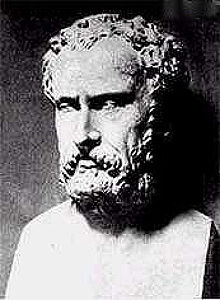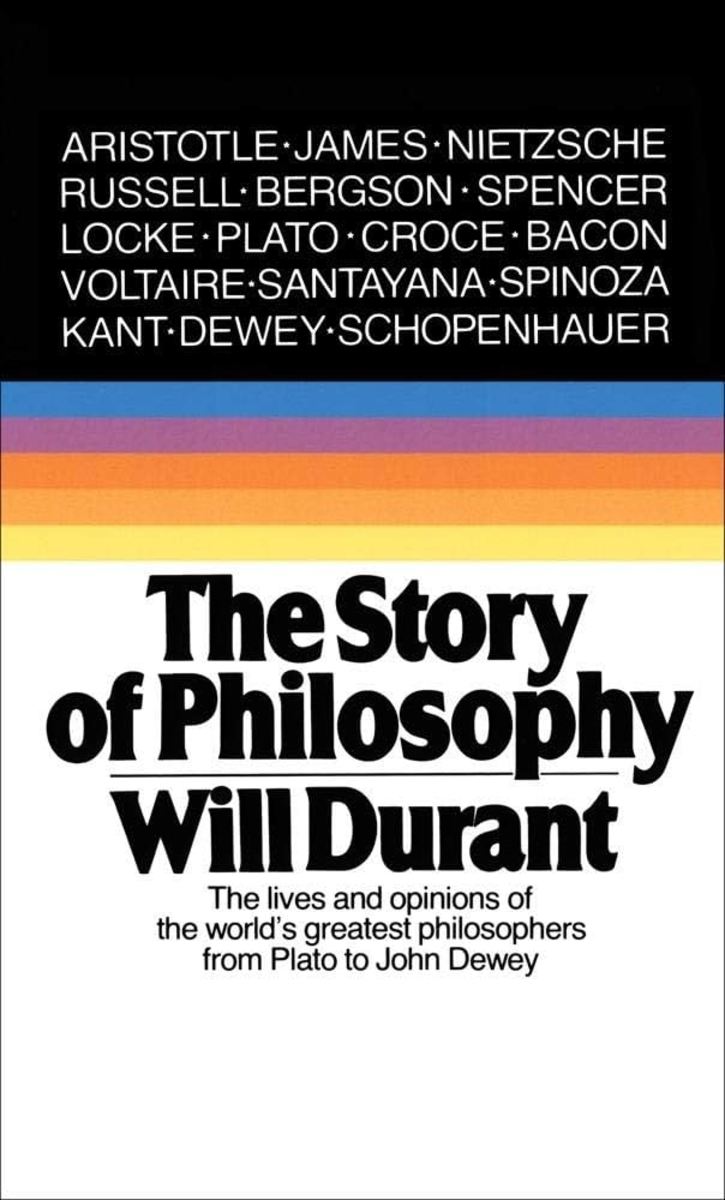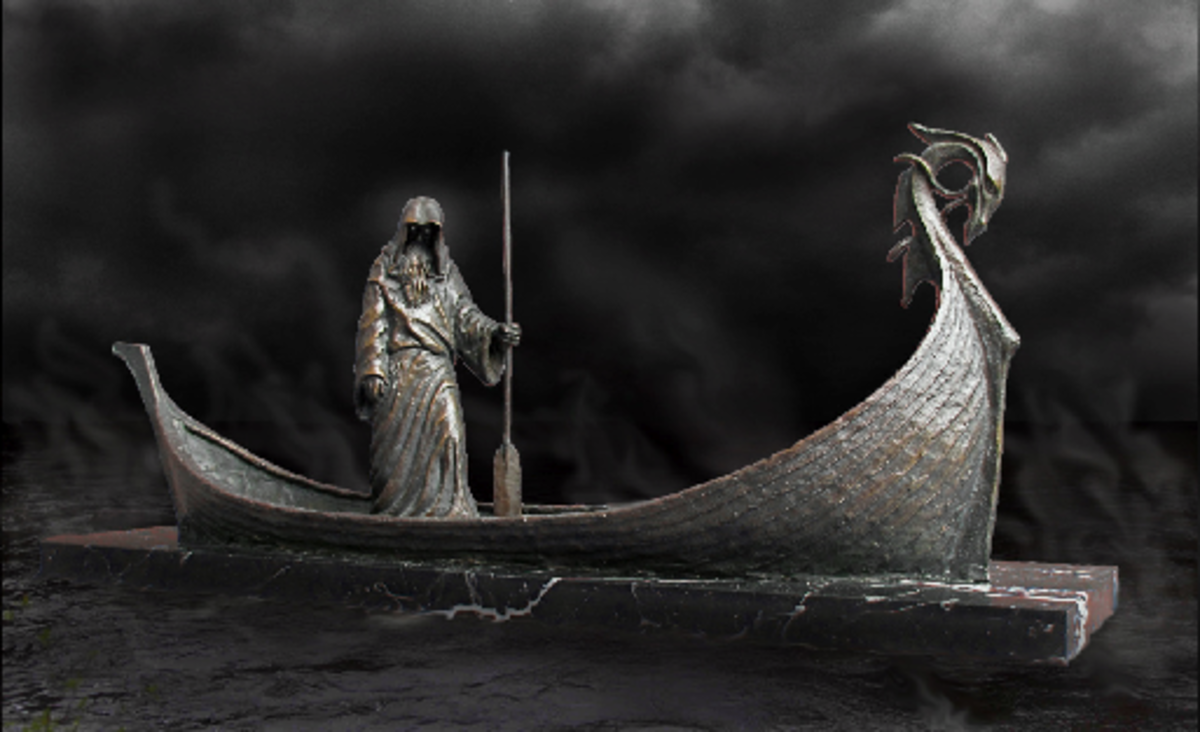XENOPHANES OF COLOPHONE
XENOPHANES OF COLOPHON
Xenophanes of Colophon was born around 580 BC to Dexias and was the founder of the Eleatic school and was one of the pre-Socratic philosophers of renown. Xenophon propagated his ideas mostly in the form of verses and there are references to him made by both Diogenes and Heraclitus. Like all early philosophers like Pythagoras or Thales of Miletus, not much is known about his early life except for the fact that he lived during the time of war between the Ionic colonies and Persia.
He was however well known for his philosophical viewpoints and his ideas were far ahead of his time. Much before Socrates he asserted that certainty in knowledge was not possible and that even if we happen to hit upon the truth, there is no way of knowing for certain that things are as we think they are. This does not imply that philosophical inquiry was useless. Because by exposing errors in our thinking we can at least know what is not the case, even if we cannot tell what the case is. This is similar to the line of thinking of Karl Poppers falsificationist methodology.
Xenophon conceived of a vague single deity that was ‘no way like man in shape or thought ‘but rather ‘causing all things by the thought of the mind’. He emphasized the fact that ‘Men create the Gods in their own image which he beautifully described as follows:
But if cattle and horses and lions had
hands
or could paint with their hands and create works
such as men do,
horses like horses and cattle like cattle
also would depict the gods' shapes and make their
bodies
of such a sort as the form they themselves have.
...
Ethiopians say that
their gods are snub-nosed and black
Thracians that they
are pale and red-haired
He was the first Greek philosopher to criticize the anthropomorphic description of deities by Homer and Hesiod. He believed a single formless God which is motionless, intelligent and activates everything with the sheer power of thought. In a way he was the first thinker to introduce the concept of monotheism in religion.








